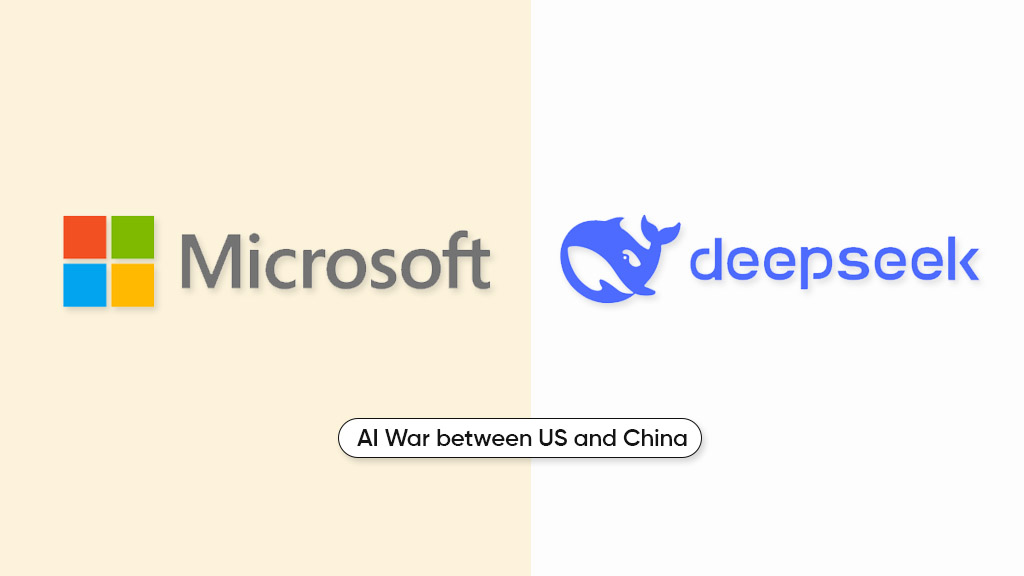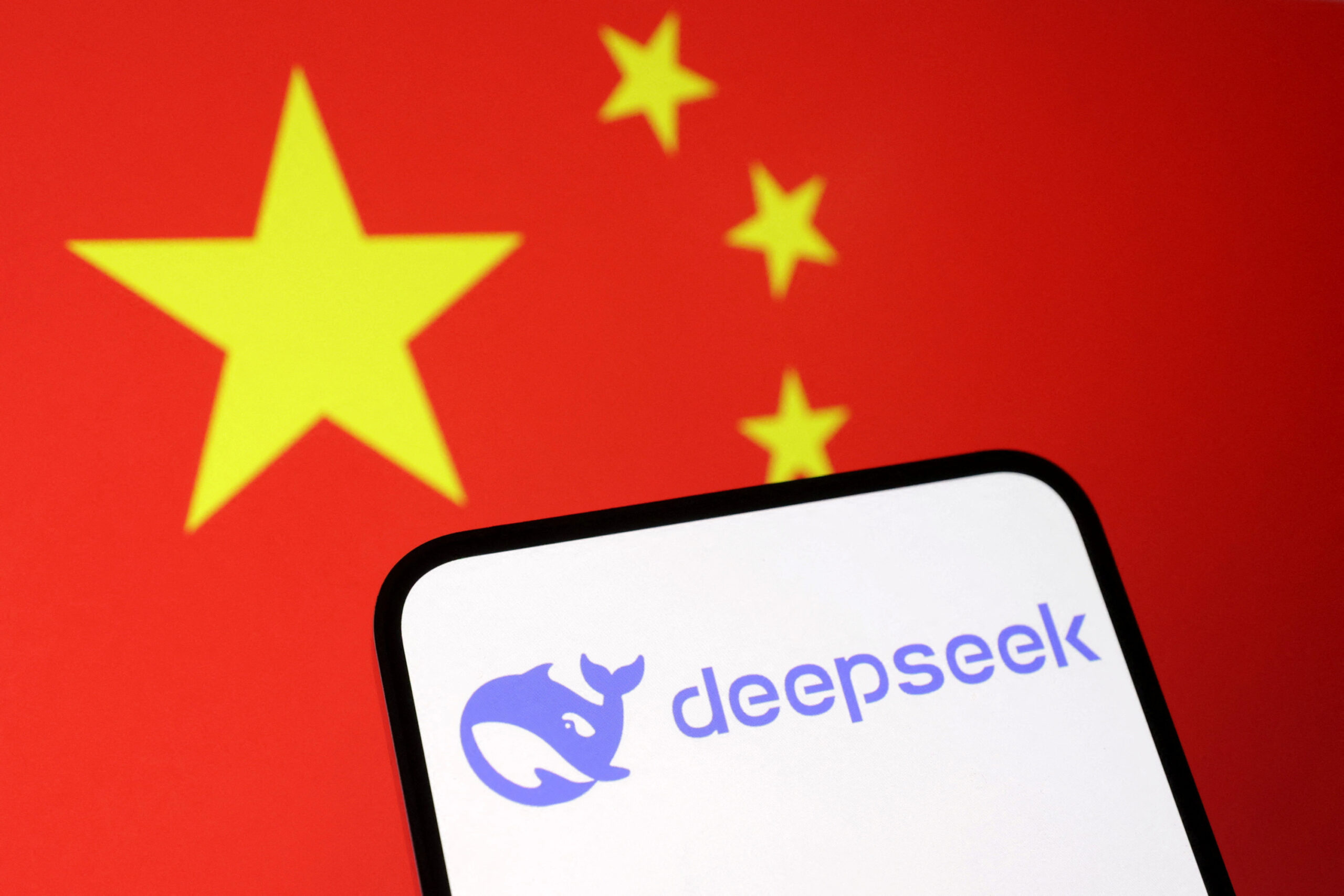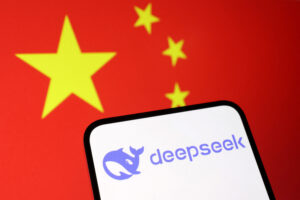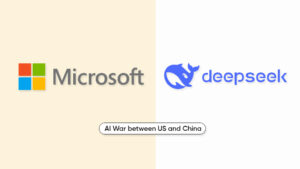Microsoft’s Partnership with DeepSeek: A Game-Changer for AI or a Risky Bet?
In a move that has sent shockwaves across the technology world, Microsoft has announced a partnership with DeepSeek, a rapidly rising Chinese AI startup. This collaboration aims to bring DeepSeek’s advanced AI model, R1, directly to Windows 11 Copilot+ devices, enabling users to run the AI locally on their laptops. While the integration of DeepSeek’s AI technology into Microsoft’s ecosystem could potentially revolutionize the way we interact with AI, the partnership also raises serious concerns on security, intellectual property, and geopolitical tensions, particularly with the growing trade and technology rivalry between the U.S. and China. This article delves into the potential risks and rewards of this alliance, examining its implications for the AI industry and the broader tech landscape.
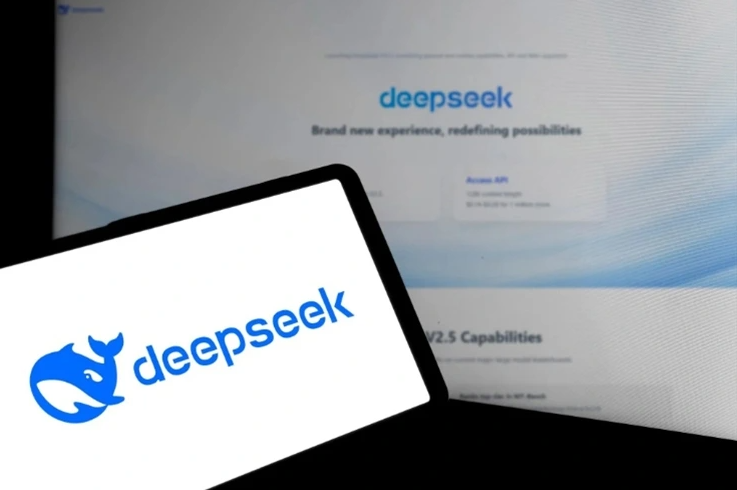
DeepSeek R1: The AI Model That Could Redefine the AI Landscape
DeepSeek, a Chinese startup, has rapidly gained traction within the AI community. Recently, the company managed to dethrone OpenAI’s ChatGPT as the number one app on the Apple App Store, marking a significant milestone in its meteoric rise. The core product behind DeepSeek’s success is its R1 AI model, which has been designed to deliver sophisticated AI performance without the need for constant internet connectivity.
Traditionally, many AI models, including OpenAI’s GPT series, rely on cloud computing resources to handle the heavy computational demands required for AI processing. This means that users must be connected to the internet to access these services. However, DeepSeek R1 is different. It can run directly on devices without needing a constant cloud connection. This key feature makes DeepSeek’s AI more efficient, faster, and more private than cloud-dependent models.
With DeepSeek’s R1 model now set to be integrated into Windows 11 Copilot+ devices, Microsoft is positioning itself to offer users the ability to run AI directly on their personal laptops. Devices running on Qualcomm Snapdragon X, Intel Lunar Lake, and AMD Ryzen AI 9 chips will all support the DeepSeek R1 model. This marks one of the first instances of a non-Western AI model gaining such a prominent position within a major Western tech ecosystem.
By allowing AI to function locally on users’ devices, Microsoft aims to address several pressing issues that cloud-based AI models often face, such as privacy concerns and the dependency on external servers. The integration of DeepSeek R1 into Windows 11 Copilot+ could also significantly improve response times, offering users a more fluid and seamless experience when interacting with AI.
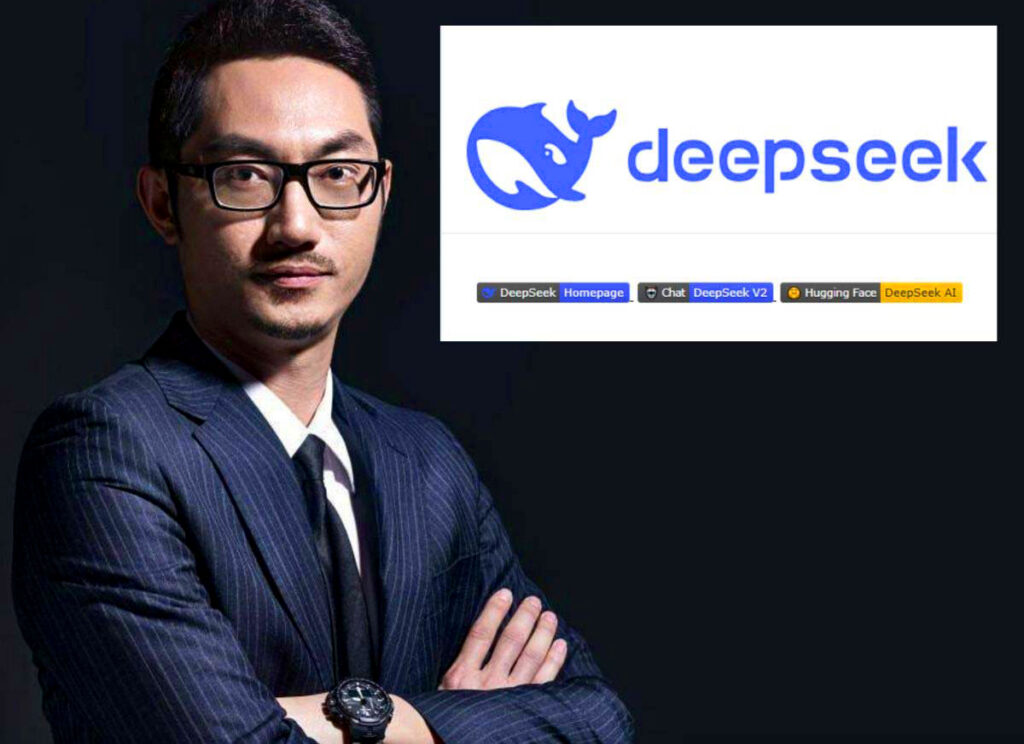
The Benefits of Diversifying AI Providers
Microsoft’s decision to partner with DeepSeek signals a significant shift in the company’s AI strategy. Until now, Microsoft has heavily relied on OpenAI for its AI needs, investing billions of dollars into the company and embedding its models into flagship products such as Bing, Teams, and Word. The partnership has been successful in many ways, with the integration of ChatGPT helping to enhance Microsoft’s software offerings. However, as with any business relationship, relying on a single partner poses certain risks.
By integrating DeepSeek into its ecosystem, Microsoft is hedging against the risks of being too reliant on one AI provider. The AI landscape is becoming increasingly competitive, with more companies vying for dominance in the space. Microsoft’s support for DeepSeek offers a unique opportunity to diversify its AI offerings, ensuring that it is not dependent on a single entity, such as OpenAI, to power its AI products. This diversification also allows Microsoft to tap into a new and growing market—the Chinese AI industry, which has seen rapid expansion in recent years.
While DeepSeek is still a relatively young player in the AI space, its impressive rise and the growing support it has garnered within the tech community suggest that it has the potential to become a serious competitor to OpenAI. By backing DeepSeek, Microsoft could foster a more balanced AI ecosystem, preventing any single company from holding a monopoly in the sector.
Moreover, the integration of DeepSeek’s AI into Microsoft’s hardware could give the company a stronger presence in Asia. The Chinese market, in particular, is a lucrative opportunity for tech companies, and the partnership could help Microsoft strengthen its foothold in this important region.
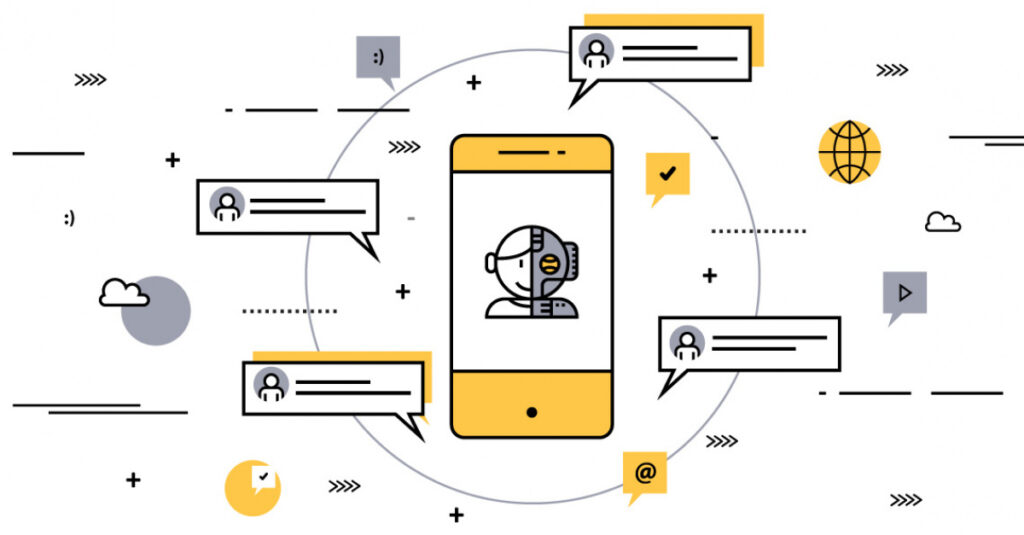
Security and Ethical Concerns: A Major Hurdle
Despite the potential benefits, Microsoft’s partnership with DeepSeek is not without its challenges, especially concerning security and ethical issues. One of the most significant concerns is the potential cybersecurity risks associated with integrating a Chinese AI model into Western devices.
Given the increasing tension between the U.S. and China, critics argue that allowing a Chinese company’s AI model to run on personal laptops could introduce vulnerabilities. Although Microsoft assures that DeepSeek R1 will function locally on users’ devices without needing to send data to external servers, there are still valid concerns about potential backdoors or hidden data collection mechanisms that could compromise users’ privacy and security.
Moreover, allegations have surfaced suggesting that DeepSeek may have used OpenAI’s proprietary training data without proper authorization. If these allegations are proven true, Microsoft could face serious legal and regulatory repercussions for supporting a model that potentially infringes on OpenAI’s intellectual property rights. These concerns have raised alarms among security experts, who are questioning the broader implications of supporting an AI model that could be exploited for malicious purposes.
The U.S. government has become increasingly cautious about Chinese technology companies in recent years, with increased scrutiny on Chinese firms in various sectors, including telecommunications, social media, and AI. If DeepSeek’s rise continues, it is likely that regulatory bodies in the U.S. and other Western nations will closely monitor the partnership, potentially leading to further regulatory actions that could complicate Microsoft’s relationship with DeepSeek.
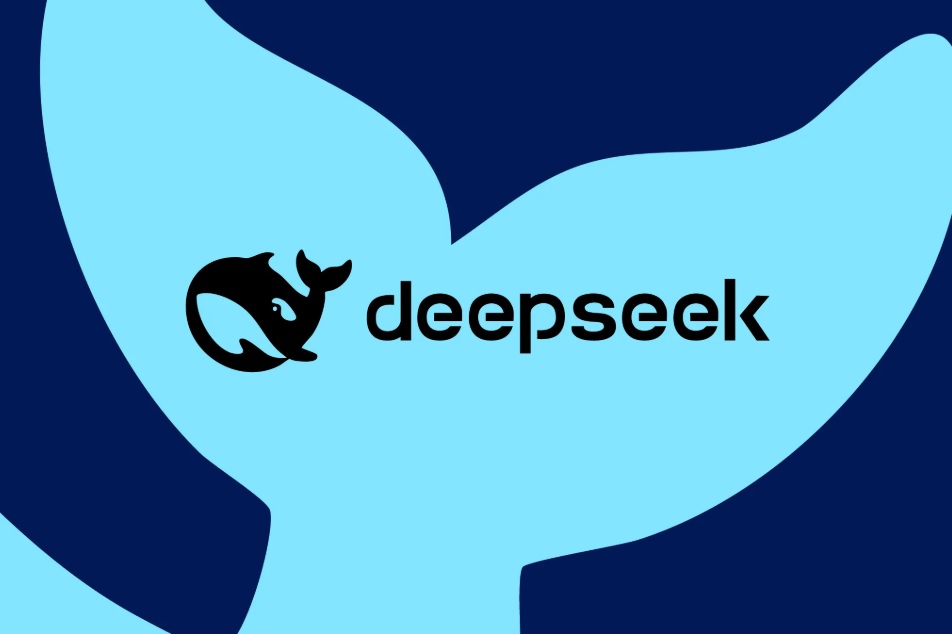
DeepSeek’s Success: A Threat to OpenAI?
One of the most striking aspects of this partnership is the rapid rise of DeepSeek, which has managed to surpass OpenAI’s ChatGPT in terms of popularity. DeepSeek’s ability to dethrone ChatGPT as the number one free app on the Apple App Store in such a short time has taken many industry insiders by surprise.
DeepSeek’s success is due, in part, to its lightweight and efficient architecture. Unlike OpenAI’s GPT models, which require significant computational power and cloud resources, DeepSeek’s R1 model is optimized to run on devices with lower hardware requirements. This makes it accessible to a wider audience, especially users with less powerful devices who may have been excluded from using cloud-dependent models.
DeepSeek’s efficient design also allows it to operate with a much lower cost than traditional AI models. This has important implications for the AI market. As AI technology becomes more competitive, companies are looking for ways to reduce costs while maintaining high performance. DeepSeek’s success could drive down the overall cost of AI, making it more affordable for both consumers and businesses.
However, DeepSeek’s rise also presents a challenge for OpenAI, Google, and other major players in the AI space. If DeepSeek continues to gain popularity—especially with the backing of Microsoft—it could become a serious competitor, potentially disrupting the market dynamics that have been shaped by OpenAI’s dominance.

The Geopolitical Implications of Microsoft’s Move
The partnership between Microsoft and DeepSeek could also have broader geopolitical implications. As mentioned earlier, the U.S. and China are locked in a growing technological rivalry, with both nations striving for supremacy in key areas such as AI, telecommunications, and semiconductors. By collaborating with DeepSeek, a Chinese company, Microsoft risks fueling concerns among lawmakers and security agencies in the U.S. and other Western nations.
If tensions between the U.S. and China continue to escalate, the DeepSeek partnership could become a flashpoint in the broader trade and technology conflicts between the two countries. The U.S. government may see the partnership as a potential threat to national security, particularly if DeepSeek’s AI model is perceived as a means for China to gain access to sensitive data or technology.
Furthermore, Microsoft’s collaboration with DeepSeek could prompt similar moves from other tech giants, leading to a more fragmented global AI market. The geopolitical ramifications of this partnership could extend beyond the AI industry, affecting the broader tech landscape and international relations.
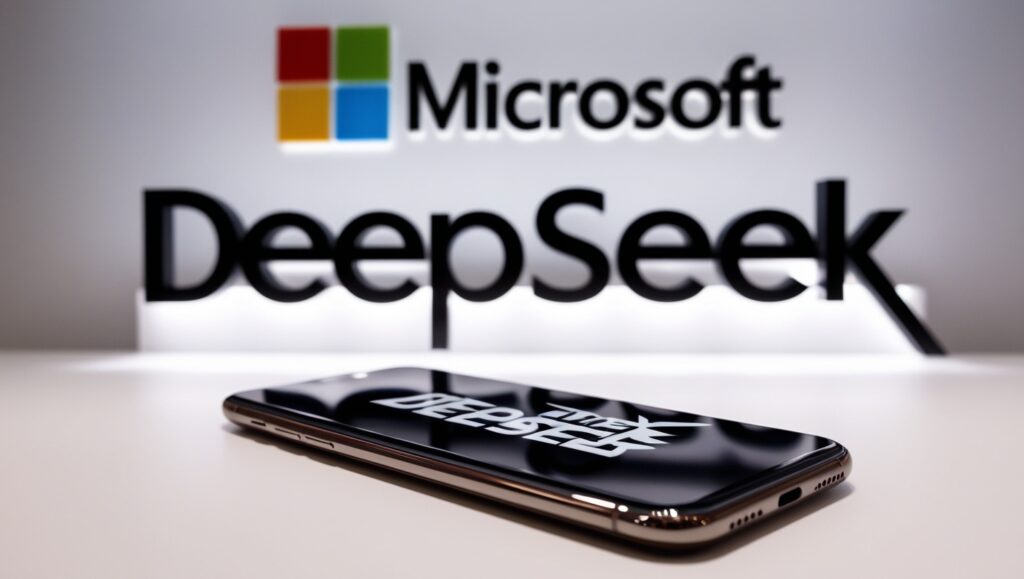
The Future of the AI Ecosystem: Will the Partnership Succeed?
Microsoft’s partnership with DeepSeek represents both an opportunity and a risk. If the partnership proves successful, it could lead to a more diverse and decentralized AI ecosystem, where users have more choices beyond OpenAI and Google. It could also accelerate the development of on-device AI, reducing the dependence on cloud computing and enhancing data privacy for users.
However, the partnership is fraught with risks. If security concerns escalate or allegations of intellectual property theft are proven true, Microsoft could face significant backlash from regulators, users, and industry leaders. Additionally, the growing geopolitical tensions between the U.S. and China could complicate the collaboration, potentially leading to regulatory challenges and market uncertainty.
Ultimately, the success or failure of this partnership will depend on a number of factors, including the resolution of security and ethical concerns, the ongoing development of DeepSeek’s technology, and the broader geopolitical landscape. As the AI race continues to heat up, the outcome of this partnership could have far-reaching implications for the future of AI, technology, and international relations.
In conclusion, Microsoft’s partnership with DeepSeek is a bold and strategic move that could reshape the AI industry. However, it is also a risky bet, and only time will tell whether this collaboration will be a game-changer or a miscalculation. What is certain is that the AI landscape just became a lot more unpredictable.
https://www.youtube.com/@nexttechreview
